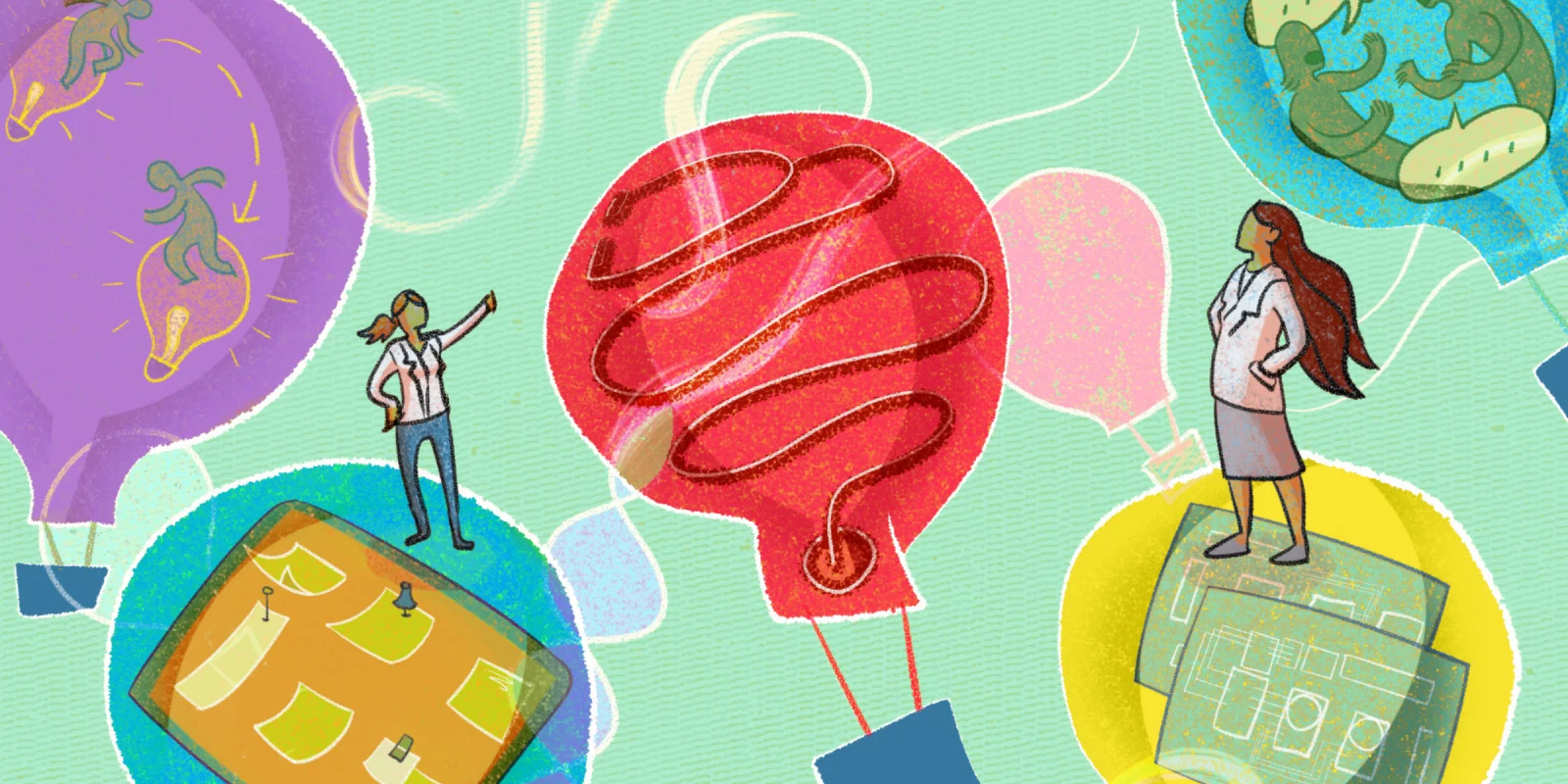
A few weeks ago, I overheard several of the emergency physicians I work with discussing the upcoming ACEP Conference and their plans to attend. Feeling curious, I looked up the conference from my desktop and explored the conference’s website. The “Courses by Track” page listed categories of courses by body system and specialty, and I spent 30 minutes or so browsing the courses offered. This certainly looked like a unique conference and an incredible learning opportunity, most certainly for physicians, but maybe also for an emergency nurse turned pre-med with hopes of becoming an emergency physician herself.
What particularly caught my eye and solidified my desire to attend the conference was the FemInEM idea exchange, or “conference within a conference.” The course page offered a lineup of fascinating and discussion-provoking sessions that I believe could be beneficial for both male and female physicians to learn from. I’m still a pre-med seeking entrance into medical school and cannot claim any personal experience as a female medical student or physician. Still, as an ER nurse I’ve worked side by side with female physicians and have been privy to some of their challenges and struggles within their field. I have tremendous respect for them and all the nuances of their unique and collective experiences.
On the FemInEm conference web page, the description reads, "Learn how FemInEM has transformed the stage for emergency physicians whose voices are not traditionally amplified and share their varied struggles and experiences individuals navigate on their path to becoming emergency physicians." This struck a deep chord within me. It unleashed a combination of tremendous excitement, anticipation, grief, and frustration all at once. Excitement and anticipation because opening up about struggles and creating dialogue is something I am passionate about and believe is integral to progress. Grief and frustration because of the misogyny and ignorance I’ve personally experienced as a pre-med and also witnessed female physicians be the target of.
When I was in high school and expressed that I wanted to be a doctor, certain family members asserted the idea that becoming a doctor would be a bad choice for me simply because I am a woman. Due to my traditional upbringing, I was discouraged from pursuing medical school and instead advised to focus on becoming a wife and mother. As if a woman could not dream of being a physician and a wife and mother simultaneously. I thought that nursing was my entrance into the medical profession. Upon graduating, I obtained a position as a nurse in a Level I Trauma Center and have remained in this role for approximately three years now. I adore many aspects of the profession, including caring for vulnerable patients, advocating for them, and spending quality time with patients and families. I work very closely with our emergency physicians, and over the past few years, I have developed friendships and learned invaluable lessons that have guided my nursing practice. I have much to thank them for, but I especially am grateful for the realization I had while working with them that I still want to be a physician.
While working alongside the physicians in the ED fostered my desire to apply to medical school and many encouraged me that I could pursue it, the female physicians I work with have been especially encouraging and have been an example of the physician I want to become: strong, gifted, influential, and able to stand up for myself and my patients. One of the most profound catalysts for deciding to leave nursing to become a physician and hopefully, one day, practice emergency medicine, was the presence of the female physicians embodying these qualities in the ER I work at. I’ve struggled with role identity as a woman in the workplace and was discouraged from pursuing a career as a physician due to being a female, but these assumptions came crumbling down due to their encouragement and example.
Unfortunately, due to pre-existing plans to travel overseas, I could not attend the ACEP conference. Even so, I have benefited from the conference through discovering FemInEm. On the official FemInEm website, there are countless stories from women in medicine. These accounts and experiences are influential, beautiful, and eye opening. They bring forth interconnectedness and a force to be reckoned with through the power of narrative and shared experience. On the website, there is a free, open-access curriculum called Women In Medicine that offers education, insight, and strategies for combating bias in medicine. This is a tremendous resource that I am thankful to have discovered and am currently completing. FemInEm is a catalyst for furthering female empowerment in medicine, and I believe will be the force of not just a single wave but also an entire ocean splashing at the walls of bias along many shores.
Christina Wornom is a registered nurse at Spartanburg Medical Center's Emergency Department and has worked there for three years. She serves on several committees including a Core Measures Process Improvement Team and is passionate about improving the quality of care provided to patients. Christina is currently in the process of seeking admission to medical school. She has no conflicts of interest to disclose.
Illustration by April Brust







